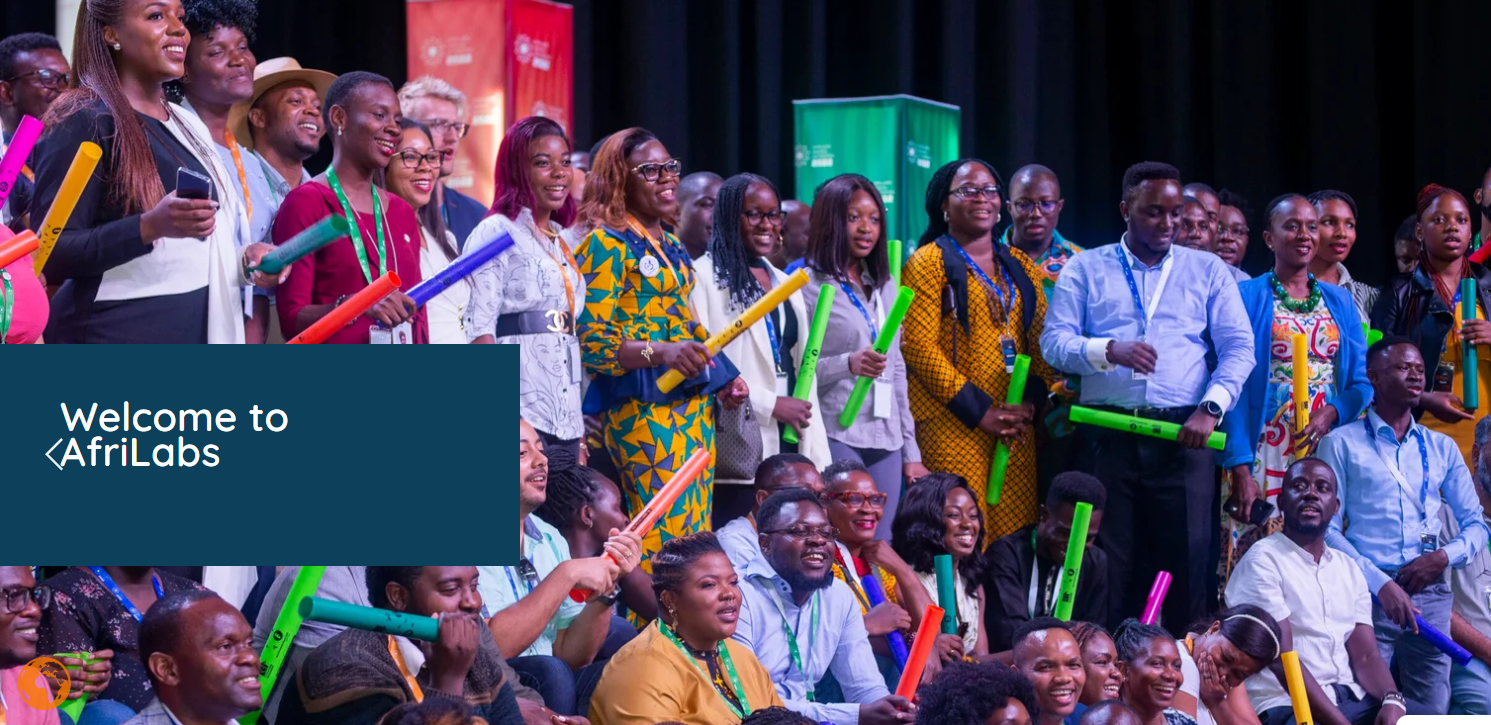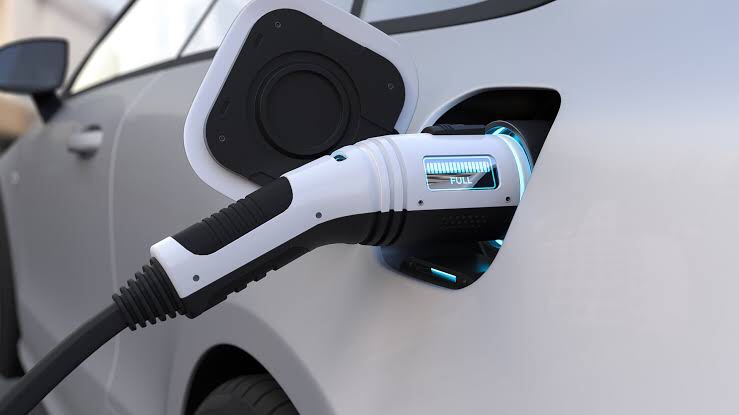AfriLabs, a pan-African hub network, and NASENI, Nigeria’s National Agency for Science and Engineering Infrastructure, have joined forces to create an innovation lab to help young entrepreneurs and innovators across Nigeria bring new technologies to market and support long-term economic growth.
The partnership between AfriLabs and NASENI to launch the NASENI Innovation Hub was announced during the 2024 AfriLabs Annual Gathering (AAG) held from November 5 to 8 in Cape Town, South Africa, with the hub officially launched on November 15, 2024.
This collaboration shows innovation is crucial to economic growth and employment creation, especially in a rapidly changing world. The program aims to empower young entrepreneurs and promote technological advancement by combining the resources of both organisations.
Read also: AfriLabs launches Connect Deal Room to facilitate local investment landscape
Overview of AfriLabs and NASENI
AfriLabs is a prominent network organisation that fosters innovation and entrepreneurship across Africa. It connects technological hubs, startups, investors, legislators, and other innovation ecosystem stakeholders.
Currently, AfriLabs boasts an extensive network of 496 hubs spread across 261 cities in 53 African nations, making it one of the largest networks of its kind on the continent. This vast reach enables AfriLabs to facilitate knowledge sharing, collaboration, and resource mobilisation among diverse players in the tech space.
On the other hand, NASENI is a Nigerian government agency dedicated to enhancing the country’s science, technology, and engineering infrastructure. Established to promote innovation and industrialisation, NASENI focuses on developing homegrown solutions that meet local needs while positioning Nigeria as a competitive player in the global technology landscape. The agency’s mission includes supporting research and development initiatives, fostering partnerships between academia and industry, and providing essential resources to innovators.
The role of the NASENI innovation hub
The newly launched NASENI Innovation Hub will offer Nigerian innovators, entrepreneurs, and startups vital infrastructure, capacity building, mentorship, and resources. This initiative aims to nurture innovative concepts, stimulate industrialisation, and strengthen Nigeria’s position in the global tech ecosystem. The hub will help young innovators turn their ideas into viable businesses by providing acceleration support, leading to job creation, increased technological exports, and enhanced economic productivity.
Nanko Madu, Director of Programmes at AfriLabs, emphasised the importance of the partnership with NASENI: “Our partnership with NASENI represents a significant step toward nurturing Nigeria’s innovation ecosystem. Together, we are not just creating an Innovation Hub – we are building a pipeline for groundbreaking ideas that will shape Nigeria’s future industries and foster economic growth. We believe this collaboration will be key in scaling innovative solutions that address local challenges and have a global impact.”
Read also: AfriLabs expands to new African cities countries
“At NASENI, we are committed to transforming Nigeria into a global leader in technology and industrialisation. The establishment of this innovation hub marks a pivotal step in fostering homegrown solutions, nurturing local talent, and creating a dynamic ecosystem that will drive sustainable development through science and engineering.
We believe that by empowering innovators and providing the infrastructure they need, we can fast-track industrial growth and economic diversification for Nigeria’s future,” said Khalil Suleiman Halilu, EVC of NASENI.
The NASENI Innovation Hub will implement various programs to support the ecosystem. These include a global innovation return program for Nigerian researchers abroad, initiatives to empower women in engineering, a FutureMakers program for young talent development, an initiative for innovators tackling public sector challenges, and an acceleration program. Through these efforts, the hub aims to cultivate a robust environment that promotes the success of Nigerian innovators and startups.



